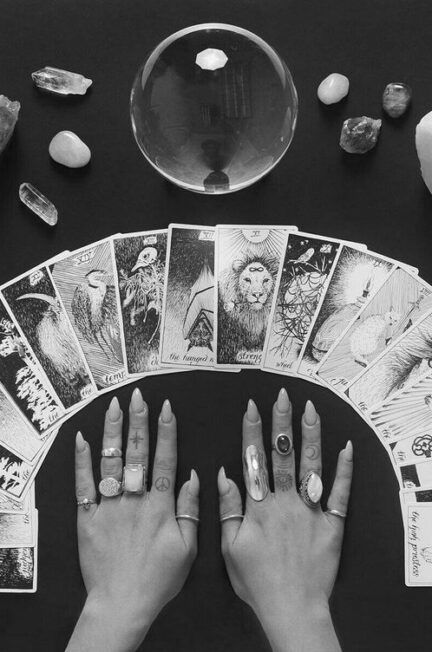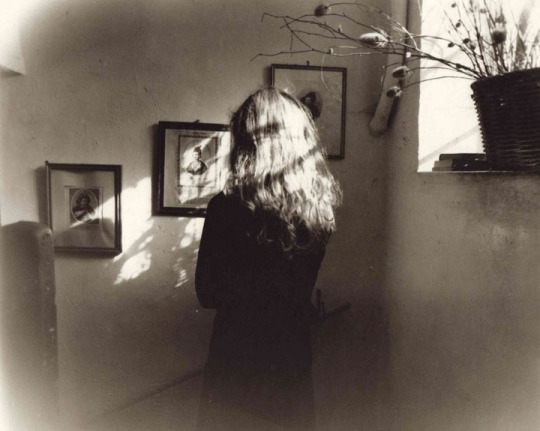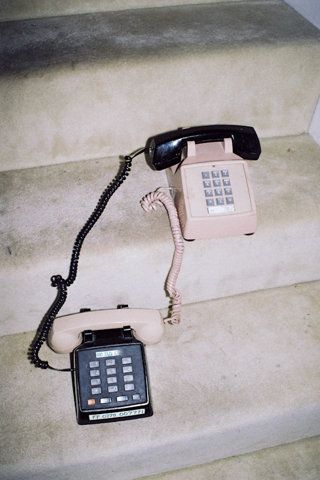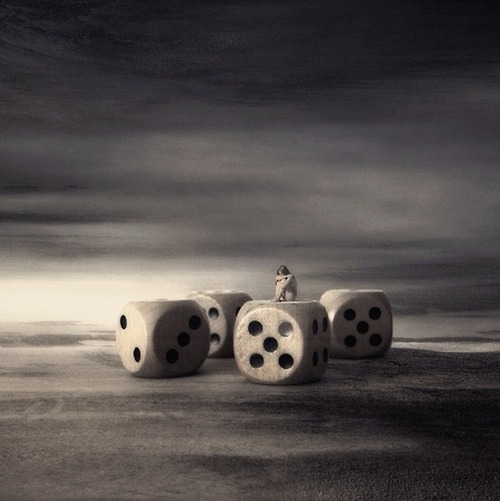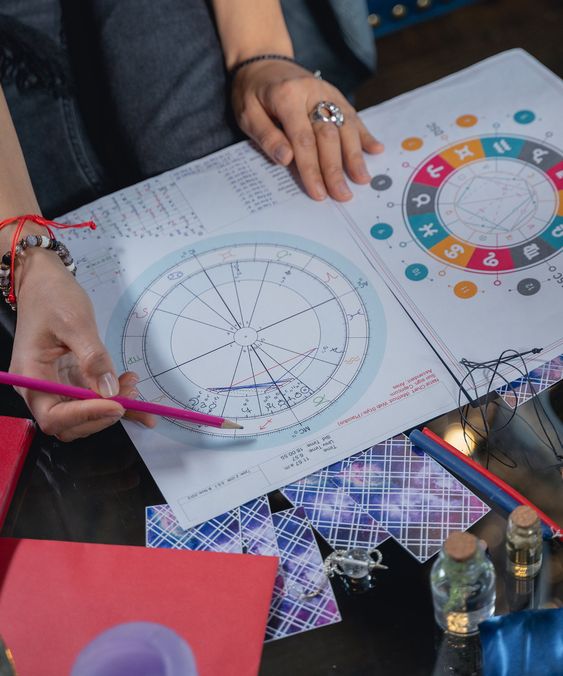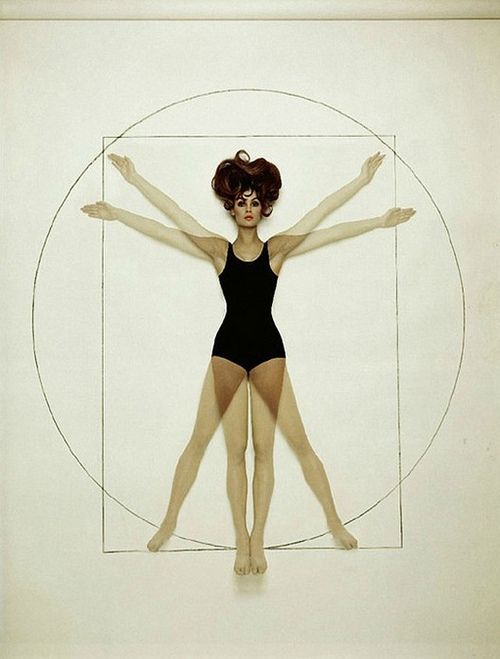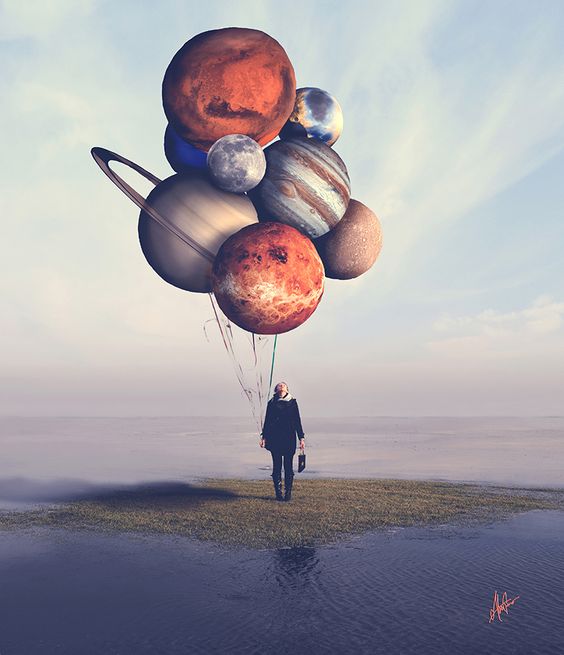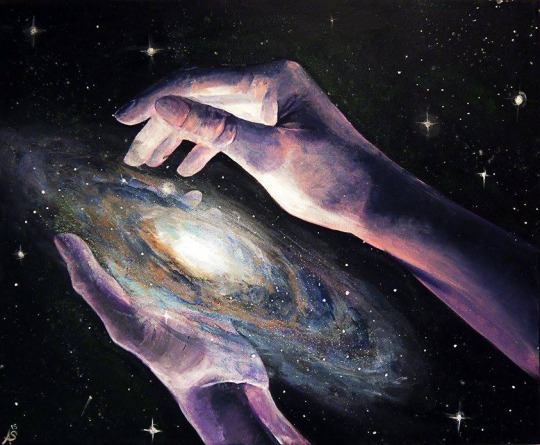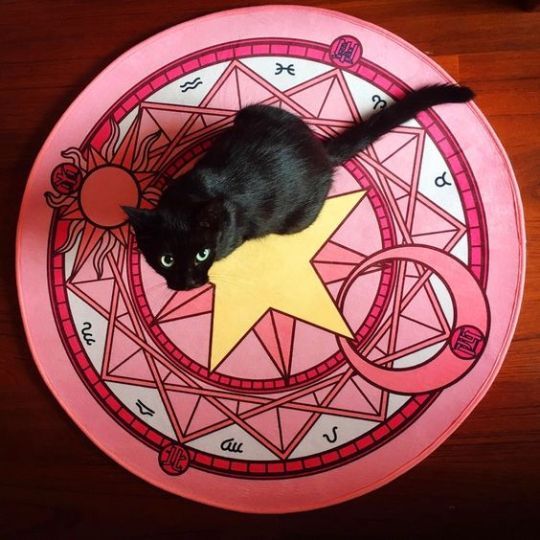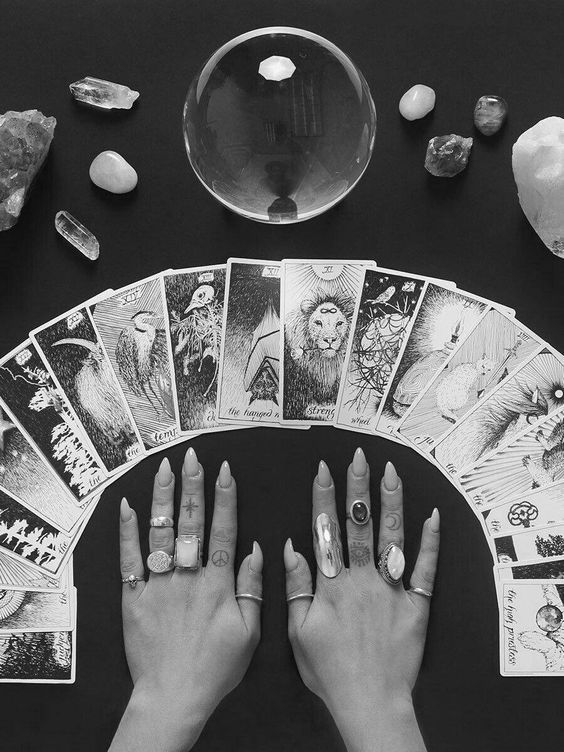 Charles Carter’s Psychological Encyclopedia of Astrology delves into how people perceive and engage with the world around them. One interesting observation is that individuals who readily believe information without critical analysis might be associated with a weak Mercury placement in their birth chart, particularly if it falls within a water sign. It suggests that Mercury’s influence, symbolizing communication and thinking, might be less pronounced here, making them more susceptible to accepting ideas without thorough scrutiny. When Mercury finds itself in the watery realms of Cancer, Scorpio, or Pisces, its logical clarity might get a bit muddled by the emotional tides. The water signs, intuitive and empathetic, could soften Mercury’s analytical edge. Now, let’s reflect on this: Is it such a bad thing to have an open heart and mind, ready to accept new ideas? In a world that often values cold logic over warm intuition, perhaps these individuals, with their watery Mercurial tendencies, offer a necessary balance. Not everything can be dissected and analyzed. Some truths are felt deeply, known in the bones, rather than proven on paper.
Charles Carter’s Psychological Encyclopedia of Astrology delves into how people perceive and engage with the world around them. One interesting observation is that individuals who readily believe information without critical analysis might be associated with a weak Mercury placement in their birth chart, particularly if it falls within a water sign. It suggests that Mercury’s influence, symbolizing communication and thinking, might be less pronounced here, making them more susceptible to accepting ideas without thorough scrutiny. When Mercury finds itself in the watery realms of Cancer, Scorpio, or Pisces, its logical clarity might get a bit muddled by the emotional tides. The water signs, intuitive and empathetic, could soften Mercury’s analytical edge. Now, let’s reflect on this: Is it such a bad thing to have an open heart and mind, ready to accept new ideas? In a world that often values cold logic over warm intuition, perhaps these individuals, with their watery Mercurial tendencies, offer a necessary balance. Not everything can be dissected and analyzed. Some truths are felt deeply, known in the bones, rather than proven on paper.
Even with Mercury submerged in the intuitive waters of Cancer, Scorpio, or Pisces, individuals are far from doomed to a life of uncritical belief. The water signs, while undeniably attuned to the intangible and emotional currents of existence, can also exhibit a profound depth of investigation. Think of Scorpio’s piercing gaze, Cancer’s intuitive analysis, or Pisces’ boundless curiosity. These signs possess a different type of analytical prowess—one that often dives beneath the surface to uncover hidden truths. So, while a watery Mercury might blend intellect with intuition, it doesn’t necessarily negate critical thinking. It suggests a fusion where emotions and rationality intermingle. These individuals might approach investigation through a lens colored by empathy and feeling, yet they can still dissect and analyze with keen insight.
A Mercury in the emotional currents of Cancer, Scorpio, or Pisces gifts its bearers with an uncanny ability to sense the unseen. They become attuned to the subtlest vibrations of human experience, perceiving the world not just with the intellect but with a finely-tuned emotional radar. These individuals can perceive what lies beneath the surface, picking up on the nuances that might elude a more analytically inclined Mercury. Such openness can lead to a richer, more connected existence, one where the heart plays as vital a role as the mind.
In the realm of superstitious beliefs, Carter points out a trend where Water and Fire signs tend to dominate over Earth and Air signs. Water signs (Cancer, Scorpio, and Pisces), with their deep wells of feeling and intuition, resonate with the unseen and the mystical. They’re the ones who might sense the spirits in the wind or feel the ancient pull of the moon on their very souls. Fire signs (Aries, Leo, and Sagittarius) on the other hand, with their burning intensity and dynamic energy, are drawn to beliefs that ignite their passions and fuel their adventurous spirits. They’re not content with the mundane; they seek out the extraordinary, the magical, the beliefs that make their hearts race and their spirits soar.
In contrast, Earth and Air signs—Taurus, Virgo, Capricorn, Gemini, Libra, and Aquarius—tend to be more grounded and analytical. Earth signs, with their pragmatic approach to life, prefer beliefs rooted in the tangible and the practical. Air signs, with their intellectual curiosity, favor ideas that can be dissected, debated, and understood through reason.
“Earth signs have a longing for what they call the spiritual, although this is frequently expressed as a secret fascination or “belief” in ghosts, psychism, and other para-psychological phenomena without any understanding of the implications inherent in the existence of this sort of “supernatural” world. They will often be found pursuing a love-object who personifies their idea of the medium, the inspiration, the guide who can in some way share with them the secrets of the cosmos and alleviate the dull ache within. Unfortunately, those who are in touch with the inner mysteries cannot parcel them out like bread and cheese, because such intuitive experience is wholly individual, intensely personal and cannot be explained in the concrete form which earth likes his explanations to assume.” By Liz Greene
The Belief in Astrology
Contrary to the popular image of astrology as a domain reserved for those with extraordinary intuition or psychic powers, the reality is that it’s a discipline rooted in observation, pattern recognition, and interpretation. Interpreting a horoscope requires a keen analytical mind, some understanding of psychology, and a deep familiarity with the symbolic meanings ascribed to different astrological elements. Skeptics often dismiss astrology as pseudoscience, clinging to the perception that it lacks empirical support and scientific rigor. They see it as a relic of ancient superstition, an echo of a time when humanity looked to the stars for answers to earthly dilemmas. And while it’s true that astrology doesn’t fit neatly into the modern scientific framework, it offers a rich, symbolic language through which people can explore their personalities, relationships, and potential life paths.
Astrology doesn’t claim to be a predictive tool in the deterministic sense. Instead, it suggests tendencies, potentials, and influences. It provides a framework for understanding how the energy of the chart might resonate with human experiences. Think of it as a mirror, reflecting inner truths and guiding personal reflection. It’s a lens through which one can view life, identifying patterns and themes that might otherwise go unnoticed. For many, this ancient tradition brings comfort, guidance, and a sense of connection to the greater universe.
Consider this: the scientific method itself was born from a desire to understand the world in a systematic, empirical way. Astrology, while not a science in the modern sense, emerged from a similar impulse to find order and meaning in the cosmos. It reflects humanity’s innate curiosity and our longing to find our place in the vast, unfathomable universe. So, whether you approach astrology with a skeptic’s eye or an open heart, there’s value in its centuries-old tradition. It invites us to explore the connections between the heavens and our own lives, encouraging a deeper understanding of ourselves and the world around us.
Superstitions and Beliefs
Superstitions, rooted in the beliefs and practices of bygone eras, offer an intriguing glimpse into human history and psychology. They often emerge from a fundamental fear of the unknown and an innate desire to exert some measure of control over the uncertainties of life. Throughout history, people have devised a myriad of magical charms, rituals, and spells as remedies to fend off malevolent forces or to seek protection and good fortune. These superstitions have persisted through generations and continue to intrigue and influence many individuals today.
The term “superstition” typically encompasses a wide range of irrational beliefs or practices that lack empirical evidence or logical reasoning. Many of these beliefs have become woven into cultural fabric, passing down from older generations to the newer ones. They are often referred to as “old wives’ tales,” reflecting their association with traditional wisdom that might not always align with contemporary knowledge. While some superstitions might seem whimsical or unfounded, they often carry a deep cultural significance. They can offer insights into historical events, societal norms, and psychological tendencies. Superstitions related to luck, protection, and avoiding misfortune often reveal a shared human quest for security and positive outcomes. For example, the belief in knocking on wood to ward off bad luck might have originated from the idea that spirits reside in trees and could offer protection. Interestingly, many superstitions persist even in modern times. Despite advancements in science and technology, these beliefs continue to resonate with individuals because they address primal emotions and instincts. Whether it’s avoiding walking under ladders, carrying lucky talismans, or refraining from opening umbrellas indoors, these rituals offer a sense of control and assurance in an unpredictable world.
Fate Vs Free Will
Fate is another complex aspect to consider in the realm of superstition. Believing in fate suggests that events and outcomes are predetermined, often beyond an individual’s control. Some argue that this belief can diminish the importance of personal agency and responsibility, as it implies that one’s choices and efforts might be inconsequential against a predetermined course of events. Fate can be seen as a form of superstition, in that it relies on a belief in forces beyond the observable and measurable. Critics of the belief in fate often emphasize the importance of free will and the capacity for individuals to shape their own destinies. They argue that attributing events solely to fate can undermine the drive to actively engage with life’s challenges and pursue personal growth and achievements.
The belief in fate, while different in nature, can also be considered a form of superstition, as it involves surrendering agency to forces beyond our control.
The age-old tug-of-war between fate and free will is as old as humanity itself. This clash of predetermination versus personal agency forms the backbone of many philosophical debates. Believing in fate suggests a pre-written script for our lives, penned by the stars, the gods, or some mysterious universal force. This perspective can offer comfort—imagine the solace in thinking that every twist and turn, every triumph and tragedy, has a purpose, a place in the grand design. It can provide a sense of order amidst the chaos, a soothing balm against the unpredictability of life. However, critics argue that such a belief can erode our sense of personal responsibility. If everything is preordained, what role do our choices play? Does it matter if we strive for greatness or succumb to apathy, if our paths are already charted? This viewpoint can lead to a kind of fatalistic resignation, where the will to engage actively with life’s challenges wanes, replaced by passive acceptance.
Proponents of free will champion the idea that we are architects of our own destinies, sculpting our futures with every decision, every action. They argue that our capacity for choice is paramount, a fundamental aspect of our humanity. Knowing that we have free will fuels our drive to overcome obstacles, grow, and achieve. It empowers us to believe that we can influence our circumstances and carve out our own paths. Ultimately, fate and free will, superstition and reason, speaks to the richness of the human experience. We are creatures of both logic and emotion, constantly seeking to understand our place in the universe. We are trying to find meaning and purpose in the space between the known and the unknown.
